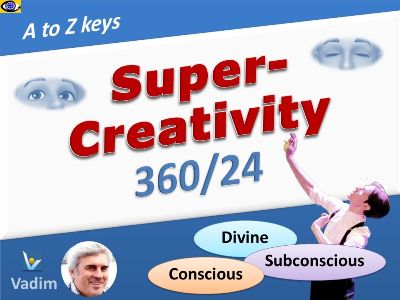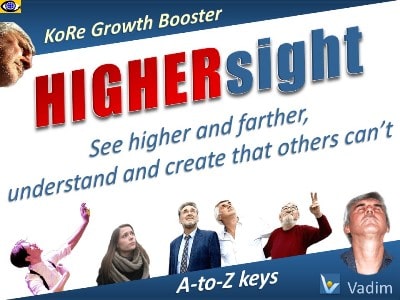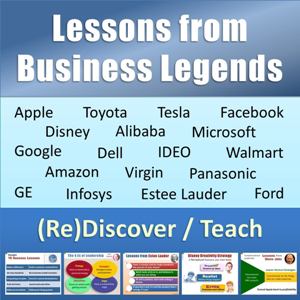| |
Ultimately it comes down to
passion. It’s about doing
the things you love, because
it’s no secret that if you do
something you love, you will be
better at it.
At
its core, creative confidence is
about believing in your ability
to create change in the world
around you.
|
|
 |
 |
|
We didn't know as children that we
were creative. We
just knew that it was okay for us to try experiments that sometimes
succeeded and sometimes failed. That we could keep creating, keep
tinkering, and trust that something interesting would result if we
just stuck with it. |
|
 |
|
It turns out that
creativity isn’t some rare gift to be enjoyed by the lucky few ‒
it’s a natural part of human thinking and behavior. In too many of
us it
gets blocked. But it can be unblocked. And
unblocking that creative spark
can have far-reaching implications for yourself, your organization,
and your community. |
|
|
 |
That combination of thought and action
defines creative confidence: the ability to come up with new ideas
and the courage to try them out. |
Tom Kelley
IDEO |
| |
I
used to think that to make
something happen in a
corporation or in the army, you
had to be at the higher ranks,
to be a general. But you just
need to start a movement.
To
act, most of us must first
overcome the fears that have
blocked our creativity in the
past.
|
|
 |
|
|
|
The key element of
the art of innovation is
treating life as an experiment ‒
living with the idea that you
need to continuously try things
as opposed to just sticking to
the knitting.
Relentless practice creates a
database of experience that you
can draw upon to make more
enlightened choices.
|
|
| |
No
matter how high you rise in
your
career, no
matter how much expertise you
gain, you still need to keep
your knowledge and your
insights refreshed.
Otherwise, you may develop a
false confidence in what you
already “know” that might lead
you to the wrong decision.
|
|
 |
|
|
|